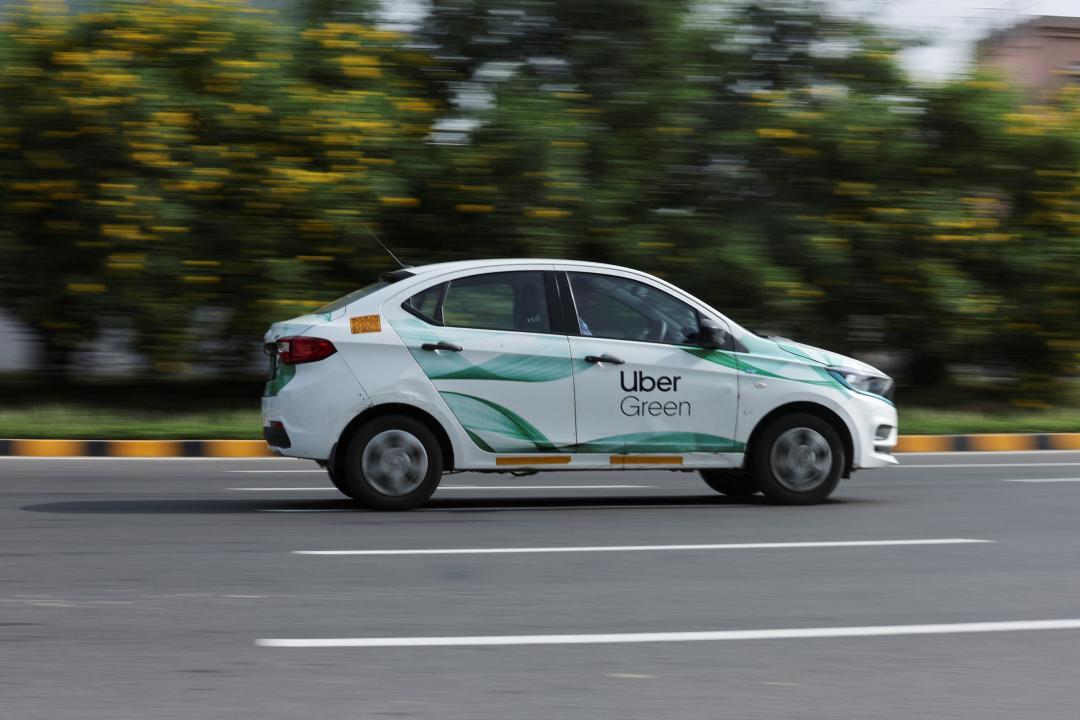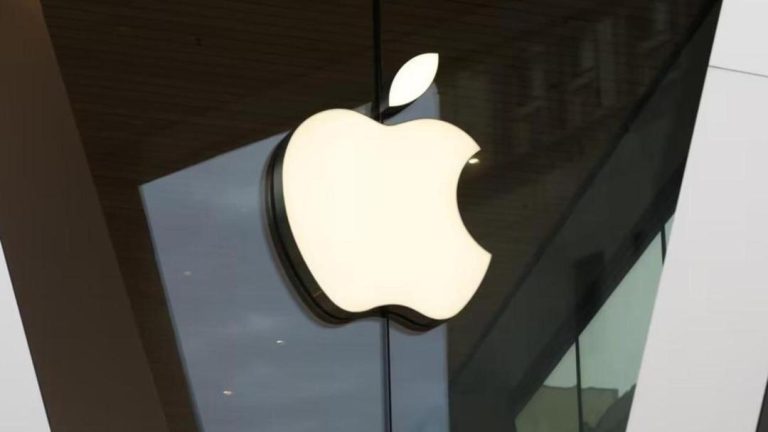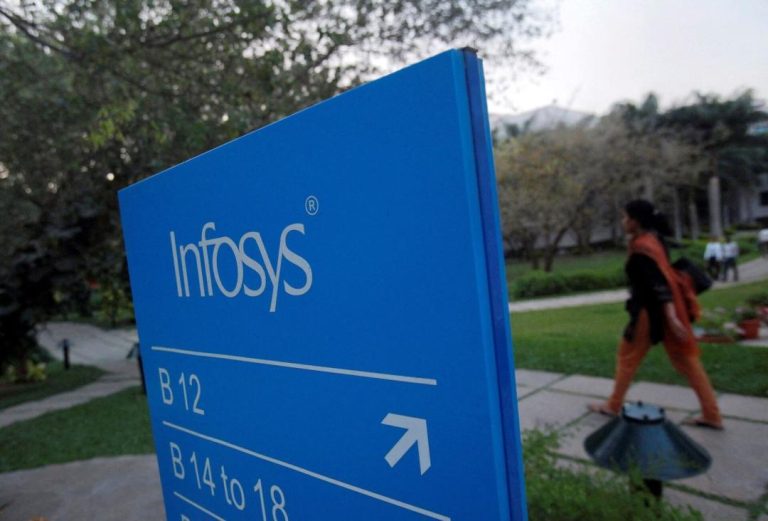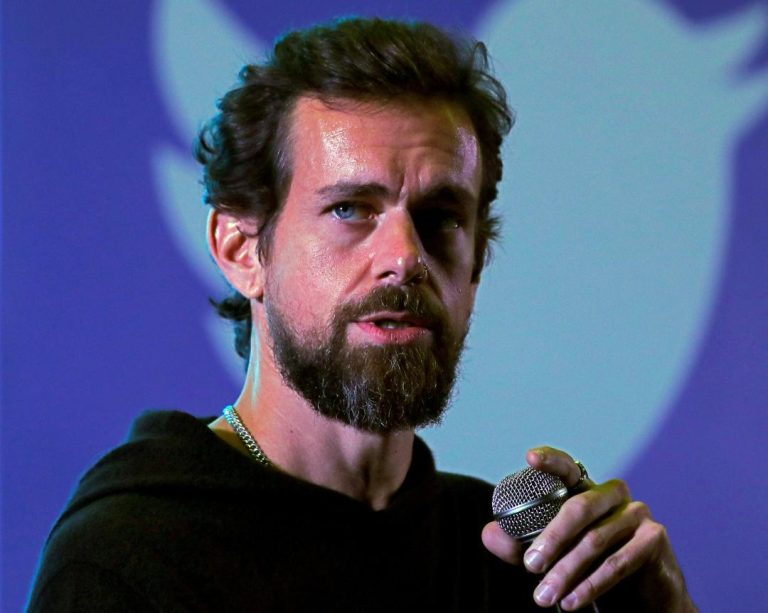
Why are Ola, Uber & Rapido drivers on indefinite strike in Mumbai?
Mumbai, the financial capital of India, is facing a unique problem. The city’s residents, who rely heavily on ride-hailing services like Ola, Uber, and Rapido, are experiencing disruptions in their daily commutes. The reason behind this disruption is an indefinite strike by the drivers of these services. The drivers, who are the backbone of these companies, have come together to demand better wages and working conditions.
The strike, which began on a recent Monday, has resulted in longer wait times and fewer cabs on the road. Passengers are finding it difficult to book cabs, and those who do are facing delays and surge pricing. The strike has also affected the daily lives of many people, including office-goers, students, and tourists.
So, what are the reasons behind this strike? The answer lies in the earnings of the drivers. According to reports, after deducting aggregator commissions and fuel expenses, the actual income of the drivers falls to just ₹8-12 per kilometre. This meagre amount is unsustainable, considering the rising fuel and maintenance expenses.
The drivers, who are the breadwinners of their families, are finding it difficult to make ends meet. They are demanding better wages and a more sustainable income. The strike is a result of their frustration and desperation to get their voices heard.
The situation is not unique to Mumbai alone. Similar strikes have happened in other cities like Bengaluru and Delhi. The drivers of these cities are also demanding better wages and working conditions.
So, what are the companies doing to address the grievances of the drivers? Ola, Uber, and Rapido have been trying to negotiate with the drivers, but so far, no agreement has been reached. The companies have offered some concessions, but the drivers are demanding more.
The strike has also raised questions about the business model of these companies. Do they really care about the drivers, or are they just exploiting them for their profits? The answer lies in the way they operate.
These companies operate on a commission-based model. They deduct a significant amount of money from the fares earned by the drivers. This commission can range from 15% to 25% of the fare. The drivers are left with the balance, which is already low.
The companies also deduct other charges, such as fuel expenses, maintenance, and insurance. These charges can add up quickly, leaving the drivers with very little money. The drivers are demanding that the companies reduce their commission rates and give them a larger share of the fare.
The strike has also highlighted the need for regulation in the ride-hailing industry. The companies have been operating in a regulatory vacuum for a long time, which has given them a lot of power. The government needs to step in and regulate the industry to ensure that drivers are treated fairly.
In conclusion, the strike by Ola, Uber, and Rapido drivers in Mumbai is a symptom of a larger problem. The drivers are demanding better wages and working conditions, and the companies are refusing to budge. The government needs to step in and regulate the industry to ensure that drivers are treated fairly.
Source:






